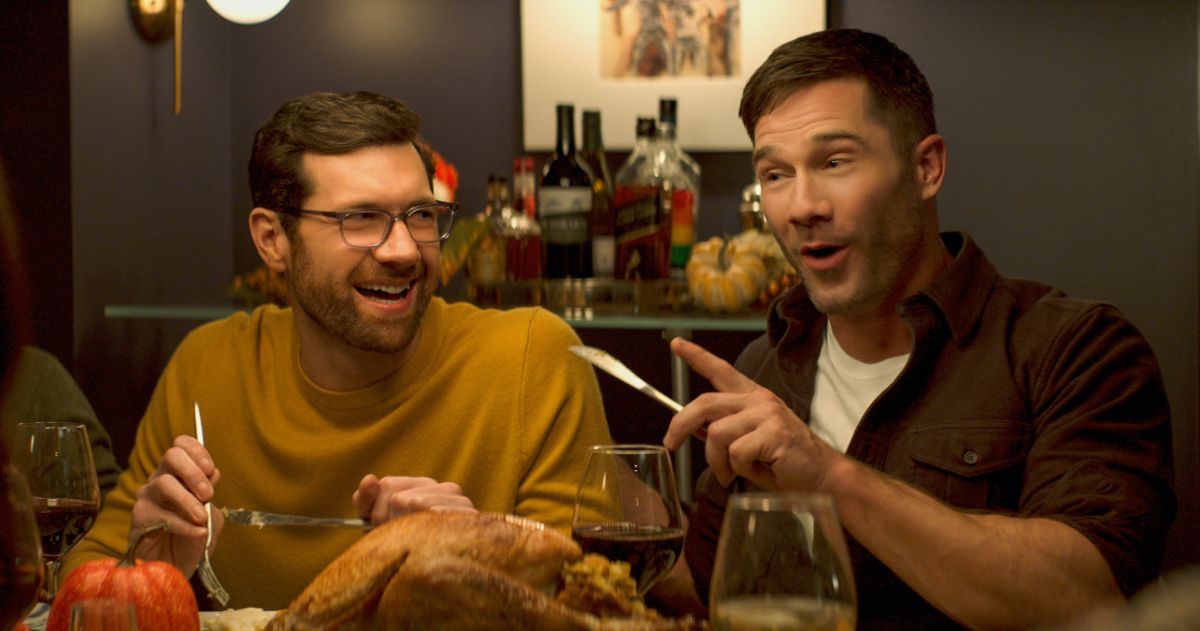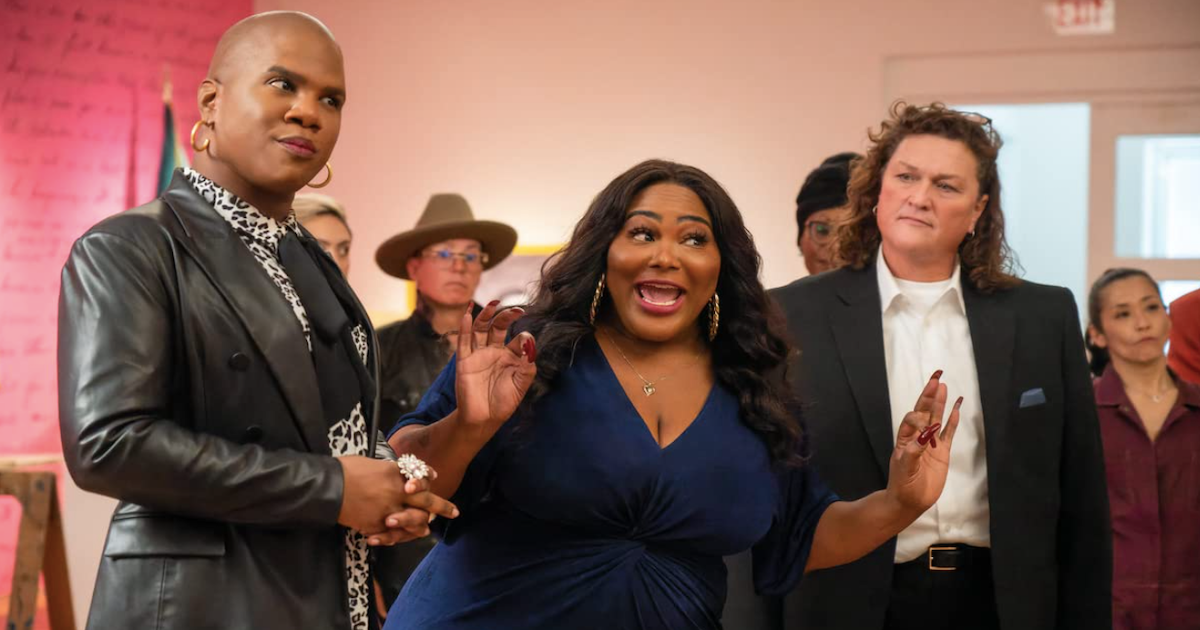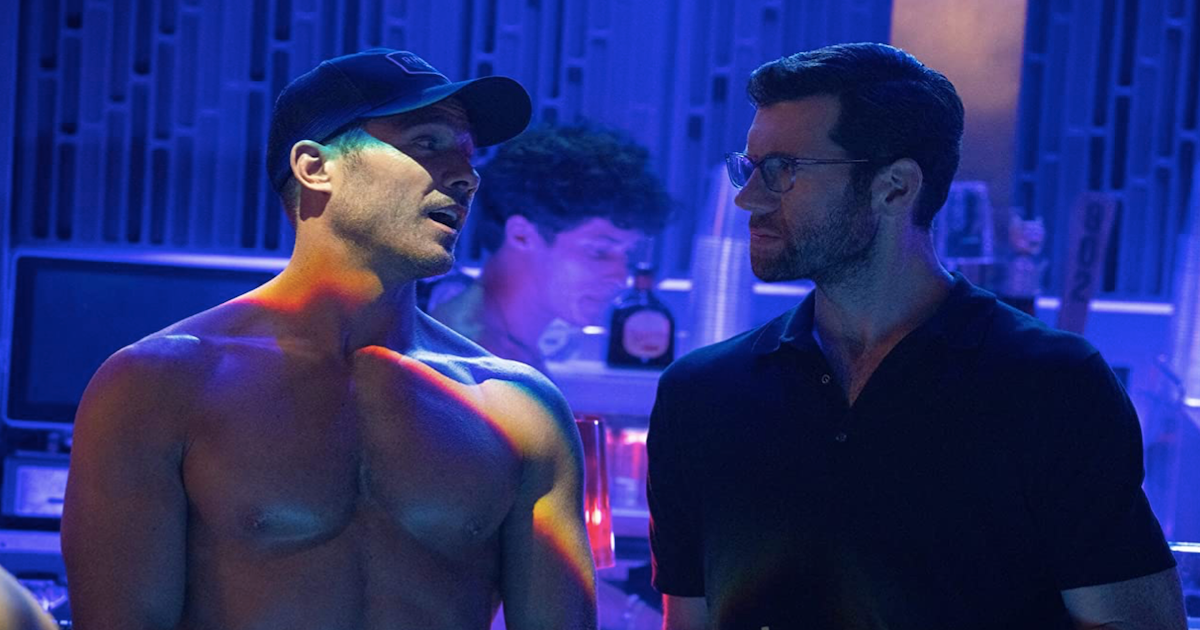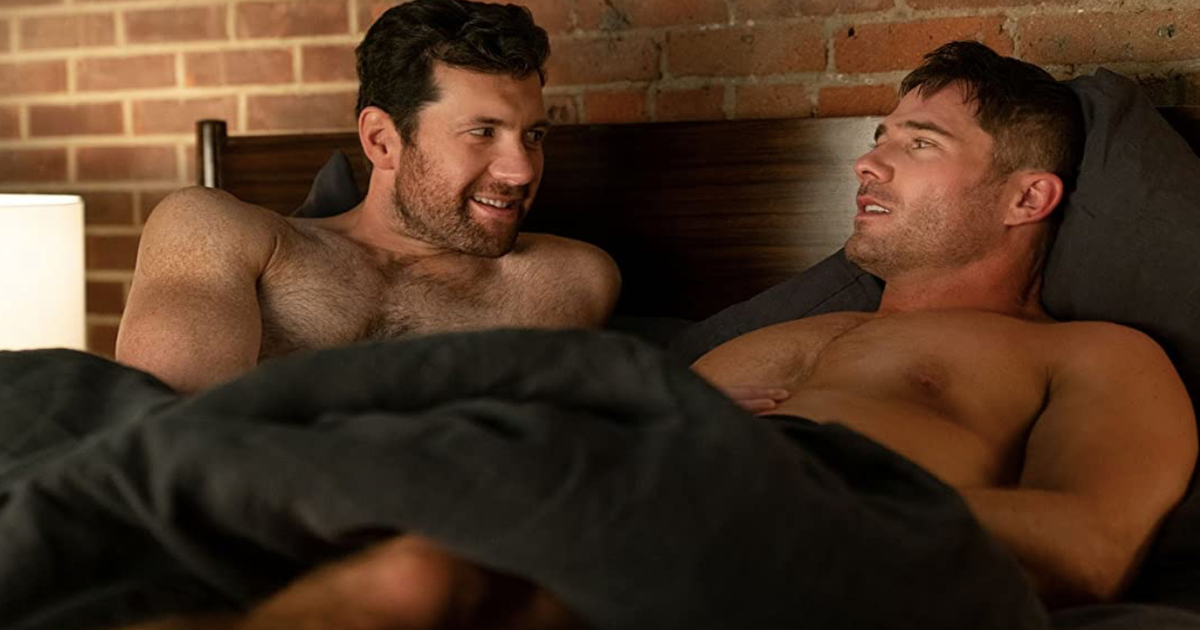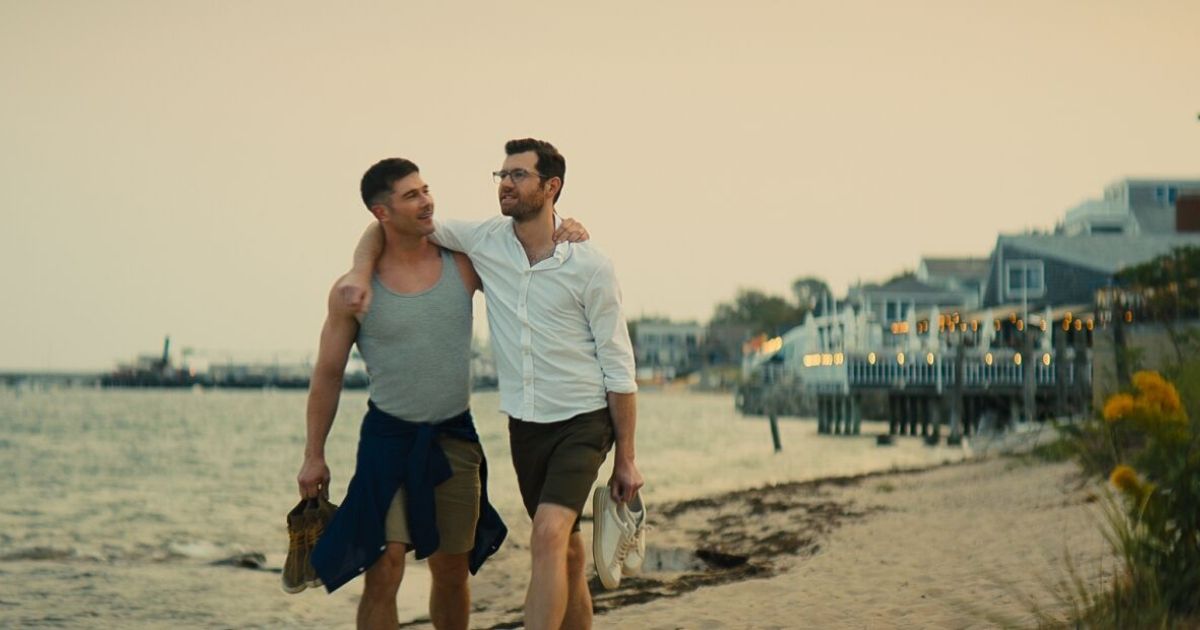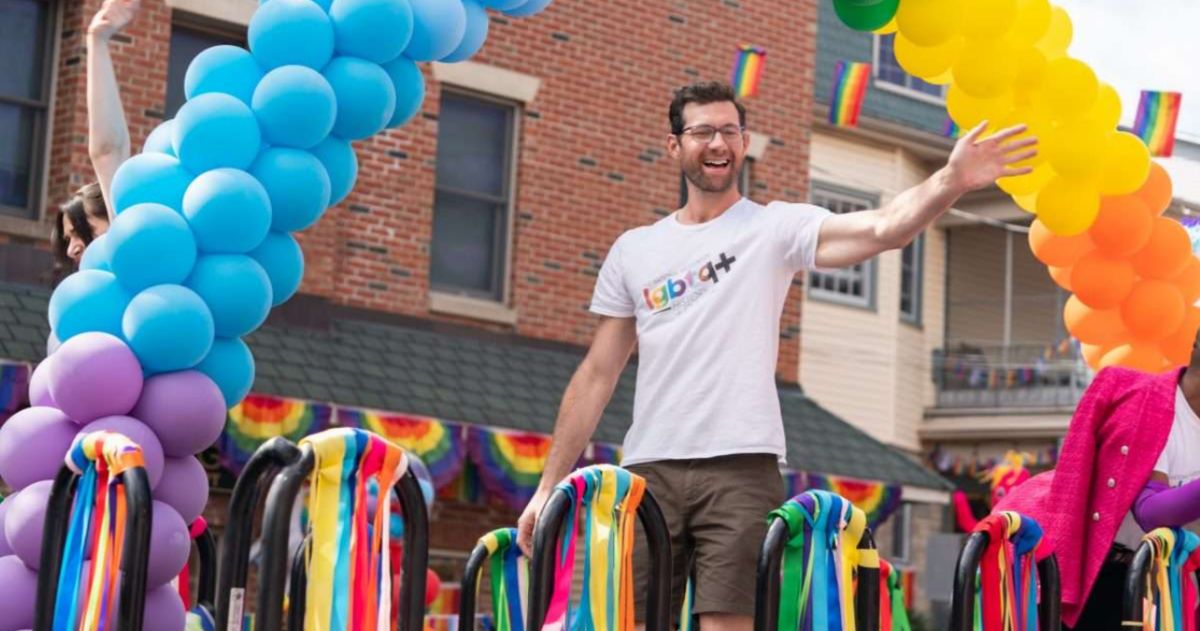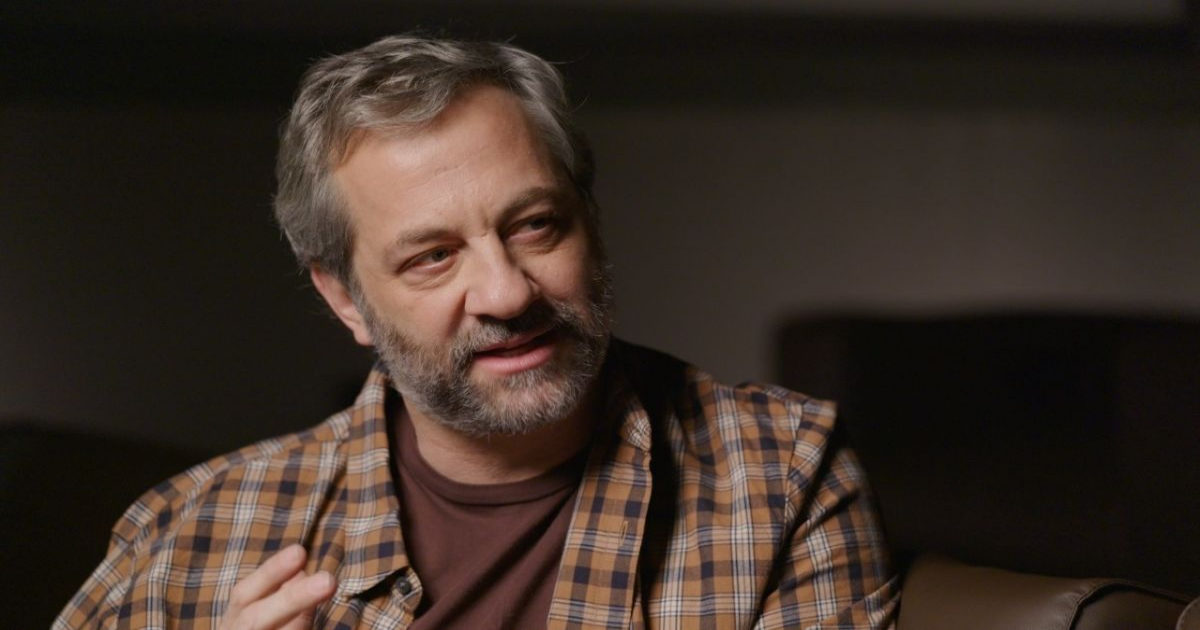Billy Eichner is largely known for his Comedy Central series Billy on the Street. On the show, Eichner approaches unassuming people in New York and asks them ridiculous questions. Off-screen, Eichner is an advocate for LGBTQ+ representation in Hollywood, which prompted him to write Bros with director Nicholas Stoller. While the film is groundbreaking in many ways, from cast to plot line, the reviews either praise or critique the film. Eichner even went to Twitter to voice his frustrations, saying that even with glowing reviews, some people still won’t watch the film because it centers on two gay men falling in love rather than a run-of-the-mill gay tragedy. Significantly, Bros incited different conversations surrounding representation. Here's a look at all sides of the issue, specifically reasons why you should give Eichner's film a chance and why it doesn't necessarily warrant immediate viewing.
Good: Predominantly LGBTQ+ Cast
Bros has been praised for its monumental casting of LGBTQ+ actors in both straight and queer roles. In an Interview with Variety, Eichner revealed that the film is stronger because each actor brought their experience to their character, regardless of that character's identifiers. Often, straight or cis actors will play a queer character, be commended for their "bravery," and win an award, like Jared Leto did for his performance in Dallas Buyers Club. During a roundtable discussing with Entertainment Weekly, Miss Lawrence reflects on being the only LBGTQ+ cast member on previous sets, “It caused me to develop impostor syndrome. It made me show up and be the best at my character…. because I knew what I was up against and powers questioning why I was there or why the character was being exposed.” While anyone can suffer from imposter syndrome, for those with identifiers that are quickly marginalized and/or racialized, the gravity of showing up as yourself or retreating back into the closet is much heavier.
Bad: Misses the Mark on Inclusivity
Though the cast is an array of LGBTQ+ actors who are not predominantly white, it still caters to audiences' need to swallow a gay rom-com that has plenty of thin, white people. Some characters are fat, but they are either Black or lesbian while the thin actors are predominantly white, which is more "palatable" for audiences. Of Bros, Them points out, "The most marginalized queer people are positioned firmly at the margins of the movie, where they are largely presented as totems or caricatures, for the benefit of expedience or for laughs. Bros, as befits its title, instead centers gay culture and its fixation on markers of masculinity, an infatuation it wrestles with but ultimately embraces rather than skewers."
Anytime a major studio produces a film centering on gay culture, many of the intersections those in the community are aware of are overlooked. Often, these blind spots can make fans feel left out. Though it should be noted that any “first” will have oversights, making the following projects less narrow, closing in on those blind spots.
Good: Romantic Comedy without Tragedy
Rom-coms in general can miss the mark. Whether it's the woman protagonist working a menial job while her love interest is ridiculously wealthy, or the severe power dynamics imposed on men and women, the failure of rom-coms is in the exaggerated juxtapositions. This is especially true for gay romances; especially when it's centers on coming out narratives, the romance is often tied to a tragedy. Bros, on the other hand, strays from the idea that being LGBTQ+ is a tragedy. Instead, the film focuses on the contradiction of those early stages of dating that are highly relatable. Essentially, Bros puts the comedy back in rom-com.
Bad: White Couple-Centric
With nearly half the cast being white, Bros again falls prey to audiences needing anything “new” to be foremost centered around white character. Though many LGBTQ+ films are centered on Black and brown people’s experiences, they are largely indie films, meaning they must jump through more hoops in order to reach the masses. Yet, when films like Booksmart receive wide acclaim, they are from white cis-het women praising a white cis-het woman director for not focusing on a lesbian’s identity and story. The message via this praise is that white cis-het people can invade spaces that were not built for them. Bros seemingly sidelines its non-white characters in favor of the white muscle gay characters.
Good: Written by a Gay Man
According to TIME, Eichner spent five years writing Bros. This isn’t the first film written by a gay man, but it is a recent standalone film that portrays gay men in a real way. Films like Fire Island, Almost Love, and A Fantastic Woman place LGBTQ+ characters in the spotlight, showing their struggles in a way cis-het characters are portrayed. Eichner’s genius in writing is explicitly commenting on gay dating culture while also poking fun at how gay men talk about their interests. With him in the writer’s seat, he controls the narrative and activates a wave of change not just for how LGBTQ+ films are written, but for LGBTQ+ writers in Hollywood.
Bad: Directed and Produced by Straight Men
Director Nicholas Stoller and producer Judd Apatow are both straight men. As much as Bros can and should be celebrated, when straight men occupy the helm, the praise has the potential to overshadow Eichner’s storytelling and acting abilities. Furthermore, representation is reliant on everyone’s efforts to ensure equity. Let’s hope that Stoller and Apatow use their power to hold the door open for more LGBTQ+, Black, and brown people’s long-awaited time in the spotlight.

